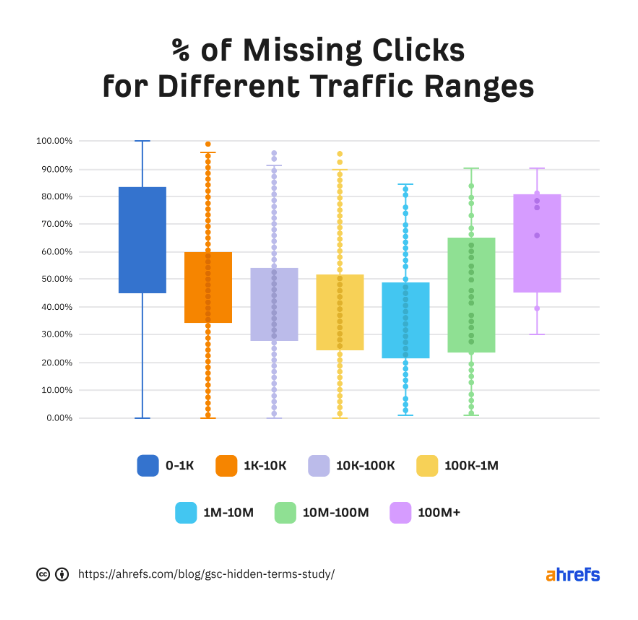WTF Twitter, Small Bookstores, Hidden Keywords

What Will Happen to Twitter Now?
Back in April, a lifetime ago, Elon Musk made his shock $44 billion offer for Twitter. He filed it formally on April 13. In the SEC document Musk boasts, "Twitter has extraordinary potential. I will unlock it." This reflects the mania and hubris that motivated Musk to make the offer. Key elements of his plan were taking Twitter private and loosening content moderation to unleash its potential “to be the platform for free speech around the globe." Conservatives celebrated Musk's bid and potential end to the "censorship" they have decried since Trump was booted off the platform in 2021. In May, Musk put the deal "on hold," while allegedly waiting for spam account numbers. He formally exited the deal on July 8, claiming that twitter was in "material breach" of its terms because of the company's alleged failure to provide complete information on fake accounts.

Our take:
- Twitter will sue to compel Musk to buy the company. It's unlikely to win. But Twitter may get its $1 billion break-up fee (or a smaller settlement).
- Twitter is now probably going to sell itself to someone else (e.g., private equity). Regardless, I suspect another leadership change is coming soon.
- Musk thought he could easily "fix" Twitter. He quickly realized he was wrong and that he wouldn't have free rein (See DSA). He's using fake accounts as a pretense to get out of the deal.
Small Bookstores Are Thriving
What does the surprisingly robust state of independent bookstores tell us about the internet? Maybe not much; but it may also be a metaphor for something larger. As the NY Times observes, "The rapid growth of physical bookshops is especially surprising at a time when brick and mortar stores face crushing competition from Amazon and other online retailers." Indeed, Amazon decided to shutter its own physical bookstore chain. But since the pandemic has eased (sort of) and people have returned to stores, online retail has suffered. Make no mistake, the online vs. offline discussion is completely outdated. Digital is critical to success for any merchant, but it's equally true that online is not enough. Companies are having trouble branding/differentiating online, as consumers increasingly conduct branded queries. Many DTC companies have also opened stores to boost their brands and as a response to rising online acquisition costs.

Our take:
- The years-long VC-driven narrative that everything is shifting to online/e-commerce is false. Metaverse hype is the latest version of this.
- While the internet has become an indispensable tool for most people, it's also full of mediocrity and deception. Trust has dramatically eroded.
- According to Morning Consult's Most Trusted Brands survey (n=2,200 US adults), 77% trust small businesses, 51% trust online only companies.
Study: 46% of GSC Keywords Hidden
You might have already seen the Ahrefs study of 9 billion clicks across 147K websites that examines hidden keywords in Google Search Console (GSC). The key finding was: "hidden terms account for 46.08% of all clicks." In other words, many sites are missing a large chunk of keyword data, although it varies by site. Study author Patrick Stox added that "both low-traffic and high-traffic sites tend to be missing more of the data. Sites in the middle buckets tend to have less missing data" (chart below). Ahref's repeats Google's mostly generic explanations (e.g., private searches, long-tail queries) but argues those can't really account for the absence of this volume of data. Google itself says, "Due to internal limitations, Search Console stores top data rows and not all data rows. As a result, not all queries beyond anonymized queries will be shown. Instead, the focus is on showing you the most important ones for your entire property."

Our take:
- At the end of the Ahrefs post, Stox offers a process to determine how many queries are hidden for any individual site.
- The issue is part of a years-long Google trend toward reducing the amount of data provided to marketers.
- Rand Fishkin argued this proves GSC is unreliable. Other SEOs on Twitter defended it or argued GSC was never more than "rough estimates."
Short Takes
- Restaurant review extortion a national problem (but not new).
- Google local justifications: What they are, why they matter.
- Physical retail stores now more important in e-commerce era.
- How inflation is impacting branded vs. discovery queries.
- Survey: Microsoft Edge preferred to Chrome by 38% of businesses.
- Self-checkout part of long history of shifting work to customers.
- AI researchers resist making ethics central to their work.
- Leaked Uber files paint revolting picture of unethical/illegal behavior.
- Will there ever be a "super app" in the US or Europe? (WSJ)
- Some men want to "confuse" period apps to thwart anti-abortion forces.
- In abortion EO, White House pushes expanded digital privacy.
- MozCon now happening; there's a live stream registration also.
- Tough but possible: How to shop SMBs on Amazon for Prime Day.
Listen to our latest podcast.

How can we make this better? Email us with suggestions and recommendations.

